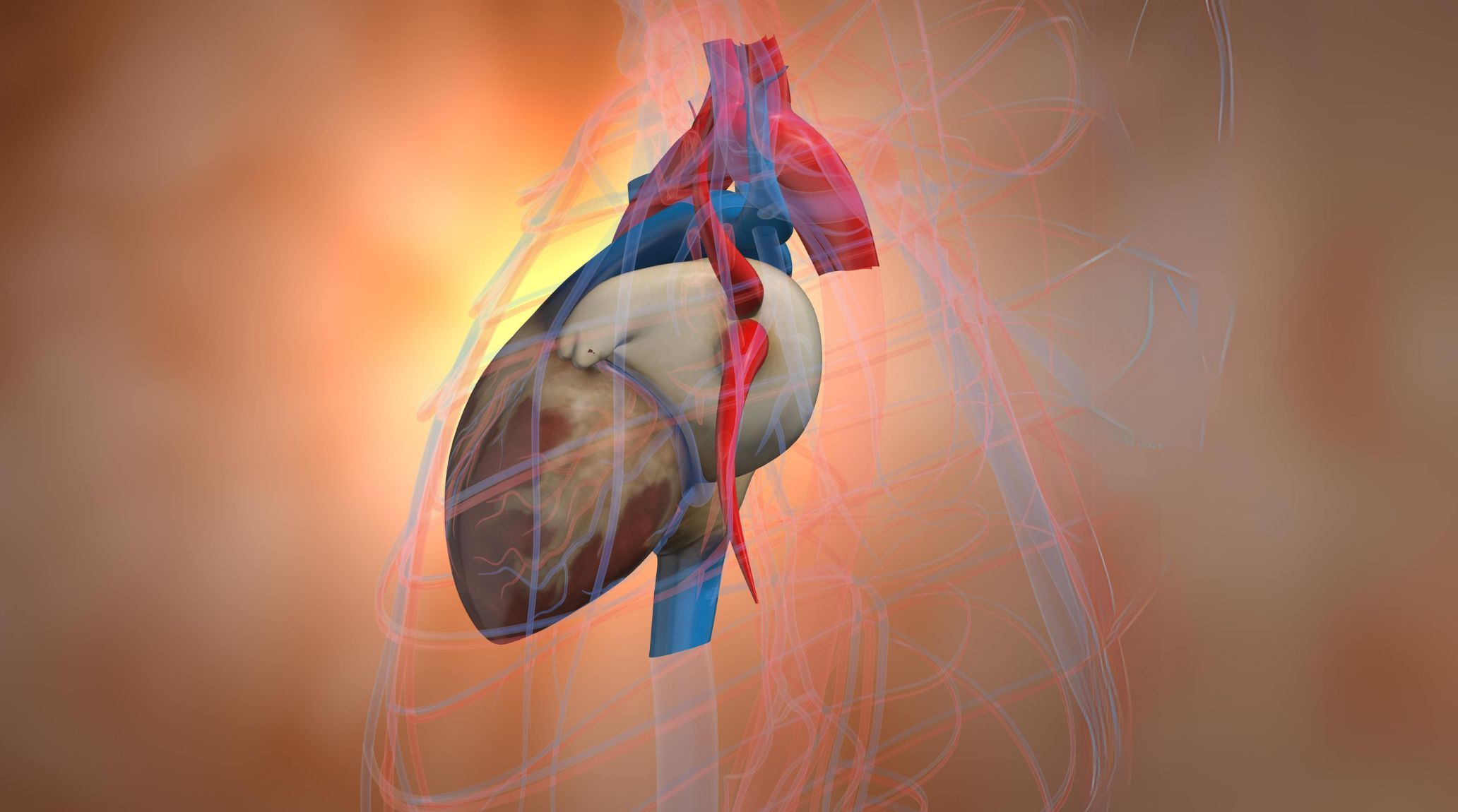
“
The heart and circulatory system are crucial to our overall health, constantly working to deliver oxygen and nutrients throughout our bodies. In this blog, we delve into 20 fascinating Heart and Circulatory System Facts that showcase the remarkable capabilities of these vital systems. Whether you're interested in medical science or just eager to learn more about how your body functions, these facts will enhance your understanding and appreciation of this essential system.1
1
”
The heart is an extraordinary organ that beats about 100,000 times a day, pumping approximately 2,000 gallons of blood through a vast network of blood vessels. This incredible efficiency keeps our bodies functioning optimally. 1
The human heart is roughly the size of a fist and weighs between 10 to 12 ounces. Despite its small size, it is capable of generating enough pressure to send blood throughout the entire body, demonstrating remarkable power. 2
The circulatory system is composed of a complex network of over 60,000 miles of blood vessels. This extensive system ensures that oxygen, nutrients, and hormones are delivered to every cell, supporting life and health in all tissues. 3
Heart attack symptoms can vary significantly between men and women. Women may experience less obvious signs such as squeezing or pressure in the chest, pain in the arms, neck, back, or jaw, and even nausea. 4
The heart can continue to beat even when removed from the body, as long as it has an adequate supply of oxygen. This unique characteristic highlights the heart's intrinsic ability to function independently under certain conditions. 5
When you exercise, your heart rate can increase to meet the body's demand for oxygen. In elite athletes, the resting heart rate can be as low as 40 beats per minute, showcasing their heart's remarkable efficiency and conditioning. 6

The blue whale has the largest heart of any living creature. One heart, found in a 24-meter blue whale that washed ashore in Newfoundland in 2014, weighed a staggering 440 pounds and measured about 5 feet in length.
Laughing is not only fun but also good for your heart. When you laugh, your blood vessels relax, which allows 20% more blood to flow through your body. This relaxation helps reduce the heart's workload and promotes overall heart health. 7
The first successful open-heart surgery was performed by Dr. Daniel Hale Williams in 1893. As one of the few Black cardiologists of his time, Williams' pioneering work paved the way for modern heart surgery techniques. 8
Women’s hearts tend to beat faster than men’s, averaging about 78 beats per minute compared to men’s 70. This difference can be attributed to various factors, including hormones and body size, influencing overall heart health. 9
Capillaries, the smallest blood vessels in the body, are so narrow that red blood cells must travel through them one at a time in a single file, allowing for the efficient exchange of oxygen, nutrients, and waste. 10
Heart attacks are most commonly reported on Monday mornings. This phenomenon may be linked to the stress of starting a new work week, as well as changes in routine and heightened anxiety during this time. 11
Larger animals tend to have slower heart rates. A blue whale's heart, the size of a compact car, beats just five times per minute, while smaller animals like shrews have heart rates of up to 1,000 beats per minute. 12
Red blood cells lack nuclei, allowing more space to carry oxygen. They can't divide or repair themselves and die after 120 days. Thankfully, bone marrow continuously produces new red blood cells to replace the old ones. 13
Ancient Egyptians studied the circulatory system, as noted in the 16th-century B.C. Ebers Papyrus. They believed the heart controlled emotions and wisdom, preserving it during mummification while discarding the brain as unimportant. 14
Surprisingly, the heart can develop new cells throughout life, a process called cardiomyogenesis. This regeneration can contribute to heart repair and recovery, offering hope for advancements in treating heart disease and related conditions. 15
Your heart's rhythm can be influenced by external factors, such as music. Studies have shown that listening to certain types of music can lead to changes in heart rate, demonstrating the powerful connection between sound and physiology. 16

Bert Janssen from the Netherlands holds the record as the longest-surviving heart transplant recipient. Since his 1984 surgery, he has lived for over 39 years, highlighting the remarkable advancements in modern medical science.
In the 2nd century, Galen proposed an incorrect two-way blood system, believing the liver produced venous blood and the heart was a sucking organ. His theory persisted until William Harvey correctly described circulation in the 1600s. 17

Robotic systems, such as the da Vinci Surgical System, offer minimally invasive cardiac surgery with enhanced precision. These robots allow surgeons to perform complex procedures through smaller incisions, reducing recovery time and risk.


